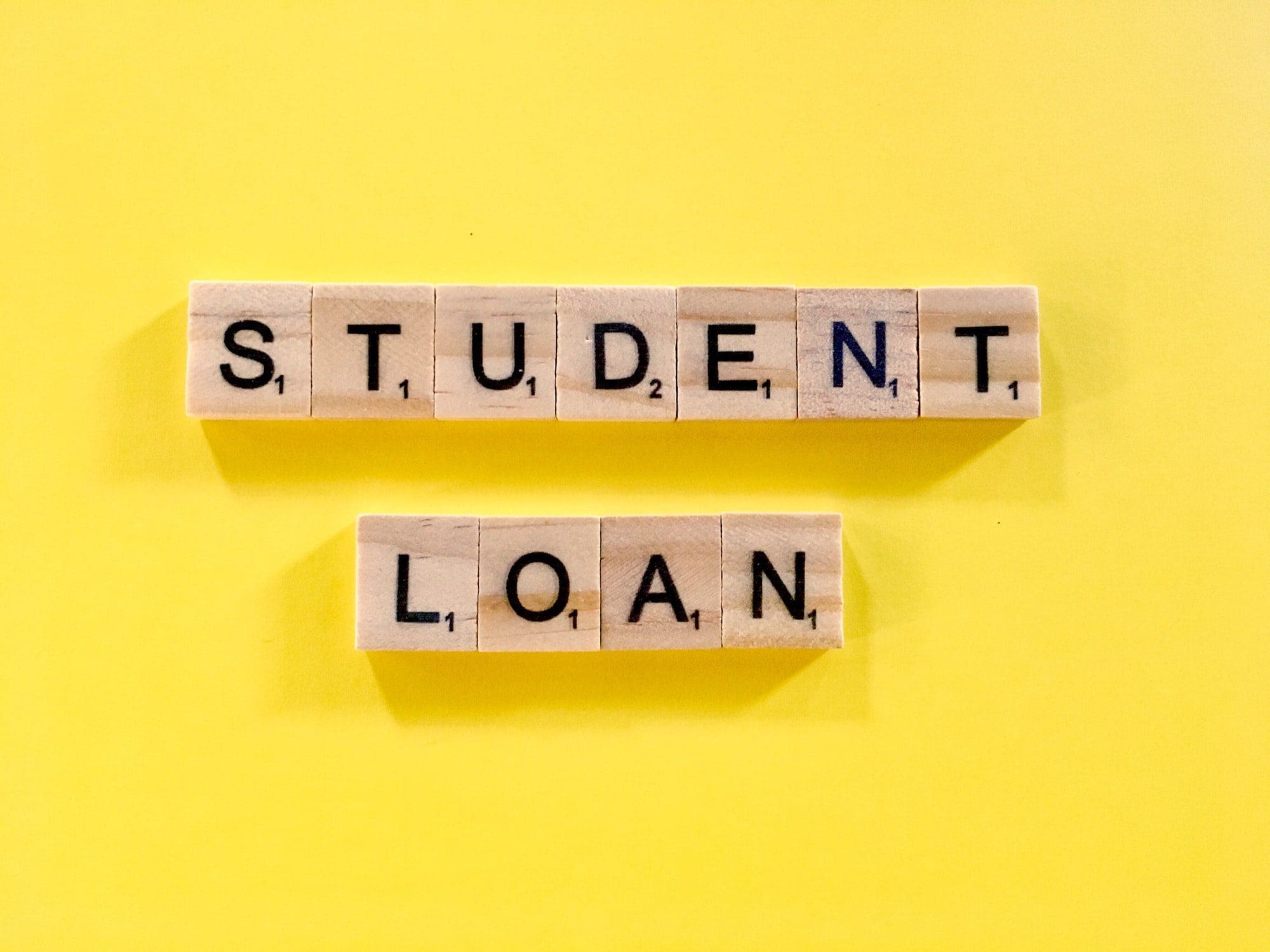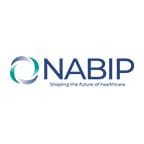We all know the importance of a college education. Now more than ever before, a college degree provides an entry into meaningful work and a secure financial future. A degree comes with costs, though, and often those costs mean student loans. For many people, student loan debt is a major cause of anxiety and financial distress. In this article, we’ll discuss the basics of student loans, some of the difficulties to watch out for, and a few tools to help make your student loans work better for you.
The Basics Of Student Loan Debt
It may seem obvious, but student loans are loans a student takes out to help pay for the cost of education. What that education looks like has changed over the years. Of course, student loans are still used for traditional four-year college degrees, but these loans are used for less traditional educations, too. Trade schools, junior colleges, and online universities are frequently paid for, at least partially, with student loans.
How Do Baby Boomers End Up With Student Loan Debt?
You might wonder how many Baby Boomers end up with student loan debt. How common is it for this group to have student loans? Data from AARP and the Federal Reserve indicate that 22% of all student loan debt is held by people over 50 years old. According to the study, the total amount of debt in this age group was just over $336 billion, or more than $40,000 per family.
It’s important to consider how Baby Boomers end up with student loan debt. Everyone’s circumstances are different, of course, but there are many potential reasons for having student loan debt:
- Still paying off loans from graduate school
- Going back to school later in life
- Helping pay for a child or grandchild’s college education
While precise data on how much of the student loan debt is for children or grandchildren, there has definitely been a trend in older American’s going back to college.
The Problems With Student Loan Debt
Considering Baby Boomers and student loan debt, a potential concern is that they will have loan payments due at or near retirement. Even if the payments are affordable, they reduce the amount of money that can be saved for retirement. This lack of savings is a particular problem when you consider that life expectancy has been rising for decades. Baby Boomers need larger nest eggs to provide income in retirement. Making student loan payments may hinder this. Of course, it’s possible that the degrees financed with student loan debt may lead to higher incomes, which may partially or fully offset the effect of loan payments on retirement savings.
Other concerns with Baby Boomers and student loan debt are the effect of forbearance and deferments on loan balances. A student loan deferment allows you to temporarily stop making loan payments. However, your loan can continue to accrue interest. Loan forbearance also allows you to stop making payments, but just like with deferment, you can still accrue interest. These tools, which are designed to help prevent student loans from causing financial hardship, can lead to ballooning student loan balances.
Besides relying on deferments and forbearance, another problem that can afflict Baby Boomers just as much as younger students is the possibility of over-borrowing. When you’re in school you might struggle to also work full time, which can reduce your income and make it harder to pay your bills. When that’s the case, it can be tempting to borrow more than you need for tuition and books, because you can also borrow to help pay for housing expenses. However, by borrowing more than you truly need for school, you’ll make your loan payments larger and potentially extend the term of your loan longer than it would be if you borrowed less. This in turn makes repayment more expensive and saving for retirement more difficult.
What Happens To Your Student Loans When You Die?
Depending on how much student loan debt you have, you might be concerned about what happens to it when you die. Unfortunately, many Americans do die with outstanding debt. Of those that do, the average outstanding balance on a student loan is more than $25,000. What happens to this? Will your heirs have to pay it off, or will your assets be used to pay your student loans off?
It all depends on what kind of student loans you have. If you have Federal student loans, your loans will be discharged and no further payments will be required. Your heirs will have to provide proof of your death for this to be the case.
In the case of private student loans, the situation is not so pleasant. Private student loans are not eligible for discharge, and any outstanding balance will be settled as a part of the settling of your estate. This means that many of your assets will be used to repay these loans.
For estate planning purposes, you might want to prioritize the repayment of private student loans, or at least have enough coverage from life insurance or savings to pay these off.

Can I Lower My Payments?
As more Baby Boomers accumulate student loan debt, it can be useful to find ways to lower your payments. If you’re able to do so, you can create more breathing space in your budget and help to keep your savings goals on track.
Fortunately, there are potentially a few ways to lower your student loan payments. Two of them involve working with your student loan servicer to base your loan payments on your income. There are two types of income-based repayment options:
- Income-Based Repayment (IBR)
- Income Contingent Repayment (ICR)
There are various requirements and rules for these repayment methods, but in both cases, your actual income is taken into consideration as well as your family size. From this information, a monthly payment is calculated. This payment is usually much lower than your payment under a traditional amortizing loan with a fixed term of 10 or 20 years. You will need to apply for either of these repayment plans.
Besides IBR and ICR plans, you might be able to consolidate your student loans. When you consolidate federal student loans into a single direct consolidation loan, you’ll realize several benefits:
- One single monthly payment
- A longer loan term, which can lower your payment
- A lower, fixed interest rate (in some cases)
Consolidating your loans can definitely simplify your life and put you on a path to a lower monthly payment.
One other option could be to tap some of your home equity or other savings to pay your loans off entirely. You’ll obviously want to be very careful with this option, but you might be able to save more money in interest and monthly payments by simply paying off your student loans in one chunk.
Pass On Student Loan Wisdom
Besides paying your student loans off and having a more comfortable retirement, the best thing you might do as a Baby Boomer with student loan debt is pass on some wisdom and counsel to your children and grandchildren. By sharing your experiences with student loans you can help them make wise choices about student loans. Tell them why you took out loans, what your experience was with them, and whether you would make the same choices again.








